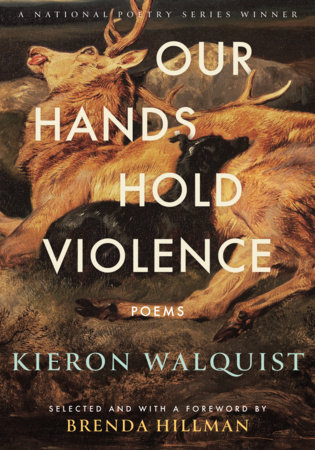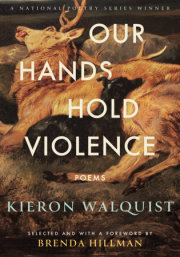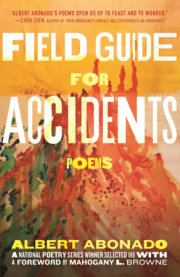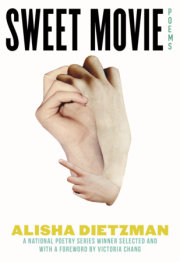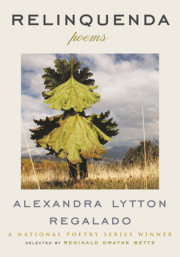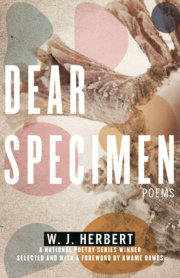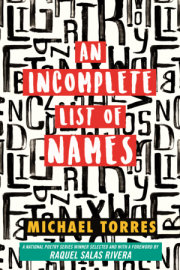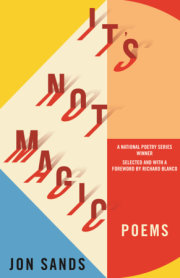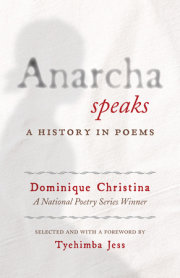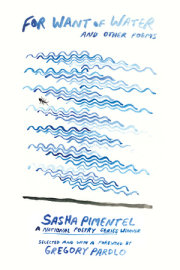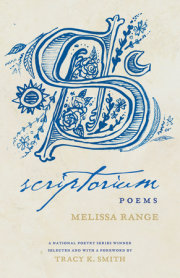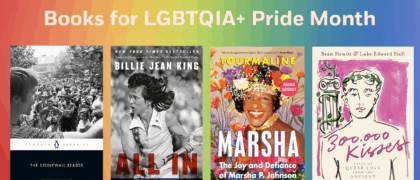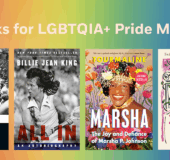A NATIONAL POETRY SERIES WINNER SELECTED AND WITH A FOREWORD BY BRENDA HILLMAN
A collection of poems that explores rural Missouri, violence, queer desire / intimacy, addiction, familial and wildlife relationships
Through encounters with the everyday beauty and brutality so much a part of rural and urban Missouri, Our Hands Hold Violence explores what it means to experience and/or perpetuate small and significant acts of violence, toward others and the self.
What does it mean to hunt (be hunted), haunt (be haunted), and other (be othered)? Abiding by a chronological arc told in four movements (HERE, THERE, TOGETHER, ALONE), OHHV follows the speaker(s) as they come up in the Show Me State and come to terms with queerness, mental disability, addiction, and loneliness in the largely Christian, conservative, and hyper-masculine landscape. Other themes / aspects of note include familial dynamics, estrangement, labor, neglected and decaying natures, waste, and the confluence of wildlife and mankind.
Comprised of traditional forms and modes such as the abecedarian, ekphrasis, sestina, and more hybrid configurations (billboards, bullet points, McDonald’s Monopoly stickers), as well as photographs, OHHV is interested, too, in changing/challenging structure and expectations. Thus, enacting a visual and figurative “violence” upon the page. Additionally, two poems are contained in a nonce (invented) form called “Shakes,” where strophes traverse between left and right points, while the middle column is constructed or cataloged by similar sounds—a form inspired by the author’s own reality of stimming (i.e. pacing) and echolalia.
OHHV indulges in alliteration, assonance, repetition, and a colloquial registry of language. The voice(s) in the poems can range from anxious, reflective (nostalgic), sensual, and tender, but all are compelled by and circle the manuscript’s themes, which become obsessions. Hauntings. Ultimately, OHHV is a collection troubled by the desire to belong to/in a place and to beloveds that have “been home” while, in ways, “feeling like an outsider” at home and within one’s local community.

